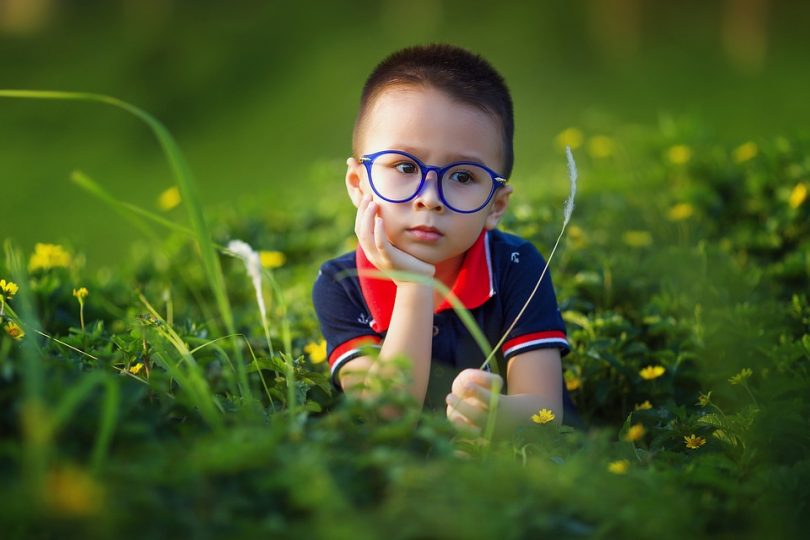While many parents acknowledge the risk of short-sightedness in their kids, they don’t always act on it.
Weight, sleeping patterns, fitness: parents feel concerned about a great deal of issues related to their children. A study by Signify has revealed that while some parents are concerned about their children’s eyesight, other issues almost always dominate the discussion.
Signify, the world leader in lighting (formerly known as Philips Lighting) released the findings jointly with the World Health Organization. Together, they predict that approximately half of the entire UK population will suffer from short-sightedness by 2050.
What did the study find?
Surveying parents about their worries, the study found that 13 per cent of parents never take their children for an eye test. More generally, parents are often worried about their kids’ weight issues, sleeping patterns, general fitness and their performance at school. Conversely, their mental health and eyesight are deemed lesser concerns.
Although many parents never take their children to an eye test, 63 per cent admit they worry that an abundance of screen time related to video games or TV will cause lasting damage to their offspring’s eyes. Further 75 per cent claim they limit their children’s access to screens.
Similarly, most adults also fail to have their own eyes checked. About two-thirds of adults spend more than five hours each day looking at a screen. The heavy focus on screens in modern office environments and entertainment are equally moving most towards a heavier screen consumption.
Recommendations
Despite modern technological developments ensuring that screens are better for eyes than they used to be, the International Council of Ophthalmology (ICO) suggests that children should spend more time outdoors to guarantee a larger confrontation with natural sunlight.
Signify also recommends a correct use of light. As screens increasingly dominate both school work and entertainment, they insist on the importance of doing so in an environment which reduces the strain on the eyes. Ideally, parents should achieve this through natural light. If this is not possible, then investing in quality artificial light may provide a decent substitute.








